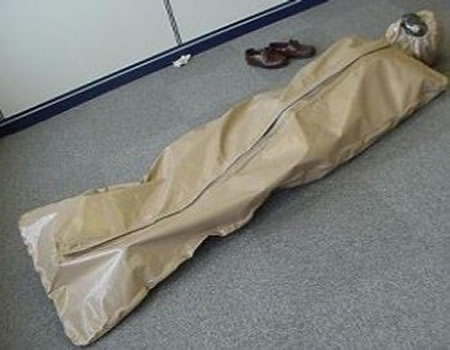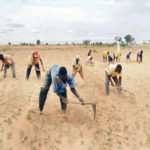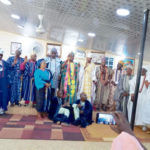THE political violence that preceded and followed past general elections in Nigeria has left a lot of concerns about the progress of democracy in the country. Tensions are always rife across the country at the electioneering periods and a number of people have lost their lives and properties worth billions of naira have been destroyed beyond redemption.
To cap it all, the fragile unity of the country has been further strained. Security issues have been a major challenge to the successive governments since the independence from Britain. However, as events unfold in the political arena, it appears the pendulum of politics in the country will swing to another direction devoid of bloodletting, arson and riots.
The Independent National Electoral Commission (INEC) is used to many political malpractices including snatching and stuffing of boxes with ballot papers and political violence before, during and after elections. Things seem to be changing; vote buying and selling are what the electoral umpire has to tackle to have a fairer and more credible elections.
In 2011, there was post-election violence in north over claims that the elections were rigged, the violence claimed many lives including those of some serving corps members in Bauchi State. Their corpses had to be sent home, though not in body bag as Governor Nasir el-Rufai said the bodies of “interfering” observers would be taken to their countries.
Mallam Nasir el-Rufai, the Kaduna State governor has issued a threat to foreign observes saying, “Those that are calling for anyone to come and intervene in Nigeria, we are waiting for the person that would come and intervene, they would go back in body bags”. He made the statement after the federal government had warned the European Union, the United States of America and the United Kingdom not to intervene in Nigeria. That statement is capable of inciting the people against the foreign observers who will come to monitor and assess the process.
The All Progressives Congress (APC) wouldn’t want to denounce and condemn Mallam el-Rufai’s statement. The ruling party has refused to distance itself from the inciting statement capable of setting the country on fire at this sensitive time. Although the presidency itself has yet to state its stance on the matter, the ruling party has talked on behalf of the government.
What the governor and the APC don’t appear to know is that in any violence, it’s not only the foreigners that will suffer. Besides, who will carry out the assignment leading to “bagging” the bodies? The governor is aware of the volatility of his state. He knows, or should know, that Kaduna State has often been the epicenter of violence and killings. He who lives in a glass house doesn’t throw stone, so goes a say.
Using the 2018 governorship election in Ekiti and Osun State as a case study, one can theorise that money-bags will dominate the 2019 general elections. This speculation can be further proven using the events in Port Harcourt during the PDP presidential primary election; voters were induced, votes were bought and sold. INEC has been working assiduously to end the new trend in our elections.
The body isn’t paying much attention to violence though it said it has put in place adequate security measures.
With developments so far, INEC will have to be at forefront so as to have fair and more credible elections. Infamous killings that have characterised our elections are back or are coming back. Further complicating the issue is the fact that vote buying and selling remain with us. Nobody or party has been prosecuted for the new vice in our democracy, yet the body-bag politics has returned to us.
Timothy Faboade,
Ondo state
WATCH TOP VIDEOS FROM NIGERIAN TRIBUNE TV
- Relationship Hangout: Public vs Private Proposals – Which Truly Wins in Love?
- “No” Is a Complete Sentence: Why You Should Stop Feeling Guilty
- Relationship Hangout: Friendship Talk 2025 – How to Be a Good Friend & Big Questions on Friendship
- Police Overpower Armed Robbers in Ibadan After Fierce Struggle






